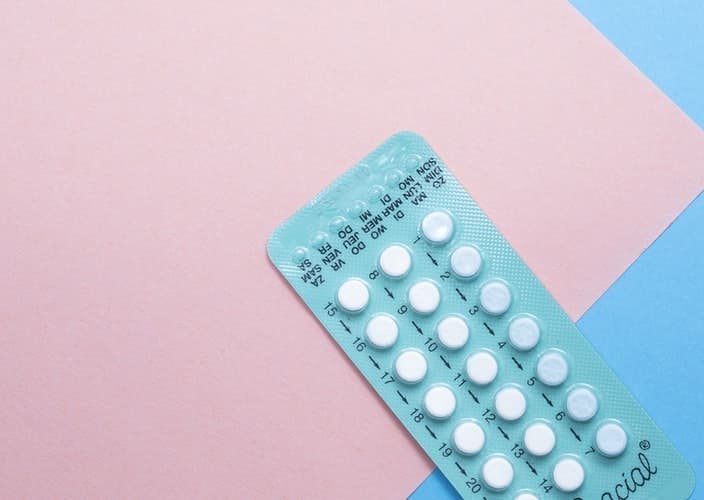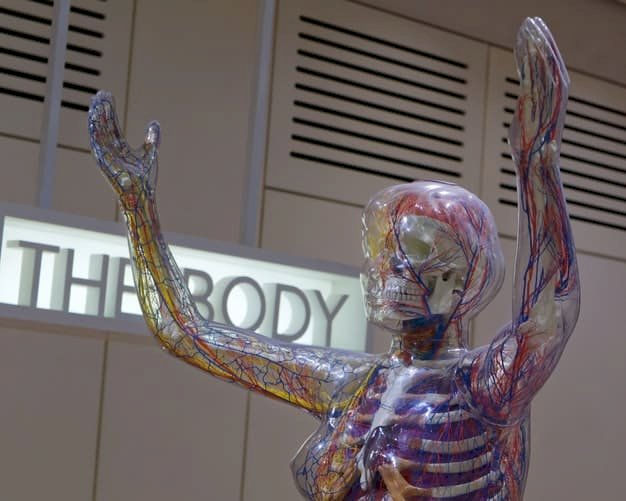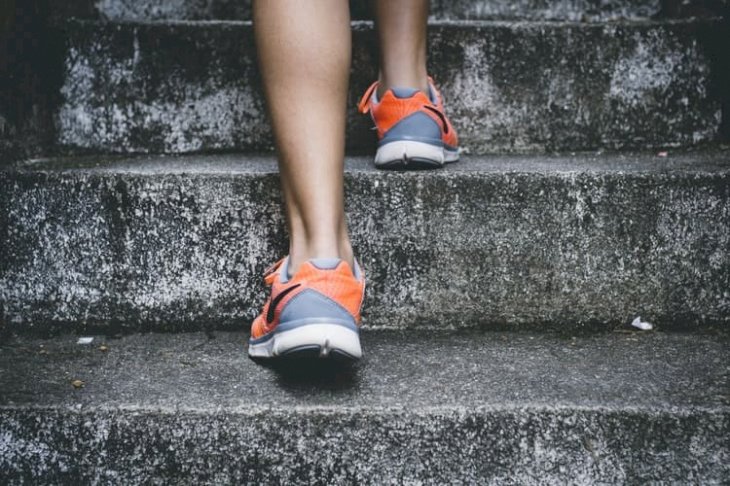
Period Headaches: 10 Tips To Reduce The Pain
Headaches near or during your period are quite common. This is usually caused by a drop in estrogen, which releases chemicals in the brain responsible for specific symptoms. The overproduction of prostaglandins during the first days of menstruation may also play a role.
This hormonal imbalance can cause irritability, anxiety, and terrible headaches! They are often characterized by throbbing pains on one side of the head, which may be accompanied by nausea and vomiting and hypersensitivity to light and noise. They are therefore very disabling daily.
Pain can be extremely distressing and significantly disrupt private, social, and professional life. And a significant proportion of women with menstrual headaches are also overwhelmed outside of their period. But with every problem, there is always a solution.
1. Nonsteroidal Anti-Inflammatory Drugs (NSAIDs)

Photo by Sharon McCutcheon on Unsplash
NSAIDs like ibuprofen or naproxen, taken two or three times a day, will help the early onset of headaches. Start treatment two to four days before the beginning of menstruation and continue until the 3rd day of menstruation.
If you think you might want to try taking an NSAID to prevent period headaches, be sure to discuss this plan with your healthcare provider. There are potential risks to taking NSAIDs, including an increased risk of heart attack, stroke, gastrointestinal bleeding, and ulcers.
2. Triptans

Photo by Myriam Zilles on Unsplash
Triptans or ditans are other options to be considered. These drugs block pain signals in your brain. They can start to work as soon as 2 hours after you take them. Your doctor may suggest that you take both an NSAID and a triptan to get relief.
If your period comes every month like clockwork, you can start these drugs a few days before your bleeding starts and continue for up to a week. This often prevents the migraine from coming on.
3. Contraceptives

Photo by Reproductive Health Supplies Coalition on Unsplash
It may be considered to take a contraceptive pill with a low dose of estrogen continuously. This pill could be taken for a period of three to six months. However, metrorrhagia, also known as vaginal bleeding outside of your period, may appear, but this should not worry you.
While most period headaches, oral contraception is safe for most women. There are cases where it can elevate the risk of stroke, cardiovascular disease, or deep vein thrombosis (blood clot). This is why you must consult with your doctor first.
4. Noninvasive Nerve Stimulation (nVNS) Therapy

Photo by John Jackson on Unsplash
These are handheld devices worn on your forehead, neck, or arm and allow the patient to self-administer a mild electrical pulse to the vagus nerve and bring relief from migraine pain.
This method has raised great hope because of the vagus nerve’s role in pain modulation, inflammation, and brain excitability. Your doctor will recommend what you need based on the level of pain you feel.
5. Self-Care

Photo by Bruce Mars on Unsplash
To alleviate the intensity of migraines, a good solution, when possible, is to rest in a quiet, dark, or dimly lit place. Turn off your phones, television, and every other source of light and breathe.
You can even practice some meditation if you are familiar with this practice. Relax and take the time to care for yourself. For better comfort, also get comfortable cotton panties that would not irritate your skin.
6. Cold Therapy
When the headaches hit, hold a cold cloth or an ice pack to the painful area on your head or neck. Wrap the ice pack in a towel to protect your skin. As simple as this is, it is very effective.
A gel mask kept in the freezer applied to the forehead and eyes also works as fast. It is also best to put yourself in the dark, stay calm, and the cold effect will be more immediate.
7. Magnesium

Photo by Heather Ford on Unsplash
A short treatment of magnesium should be started approximately one week before your period begins and should be continued till the end of your period. With magnesium deficiency, period headaches could get worse.
The body has an increased need for magnesium related to the contraction of the uterus during menstruation. You can also make changes to your diet and tweak your supplement intake. Magnesium-rich foods such as leafy greens, nuts, and avocados should be introduced into your diet.
8. Exercise

Photo by Bruno Nascimento on Unsplash
Physical activity helps a person maintain their weight and keeps the heart and lungs healthy. Exercising is a beneficial choice whether a person is on their period or not. It does not have to be vigorous and does not have to last for long periods.
Exercises such as yoga and meditation, as mentioned above, can help you relax your muscles. You can also try to take deep breaths to reduce tension, which helps with the symptoms of headaches.
9. Stay Hydrated

Photo by Bluewater Globe on Unsplash
Your body depends on water to function properly. Being adequately hydrated ensures all the necessary minerals are absorbed into your tissues. With stress reduction, sleep, and hydration, your body will begin to regulate itself and heal.
Dehydration could sometimes trigger these period headaches. The only way to combat this is to drink at least eight glasses of water every day. Fruit and vegetable juices and herbal teas also add to the amount of water you get each day.
10. Massage And Essential Oils

Photo by Alan Caishan on Unsplash
Massage aids relaxation, and this is the reason you tend to fall asleep after a massage session. When your shoulders, back, and neck are massaged, this can help relieve you of those awful headaches.
Also, essential oils can help relieve you of period headaches. Oils such as lavender, rosemary, peppermint, eucalyptus, and more have their benefits. Be sure to mix it with a carrier of choice and massage it into your temples. Be sure to seek medical advice before you proceed.